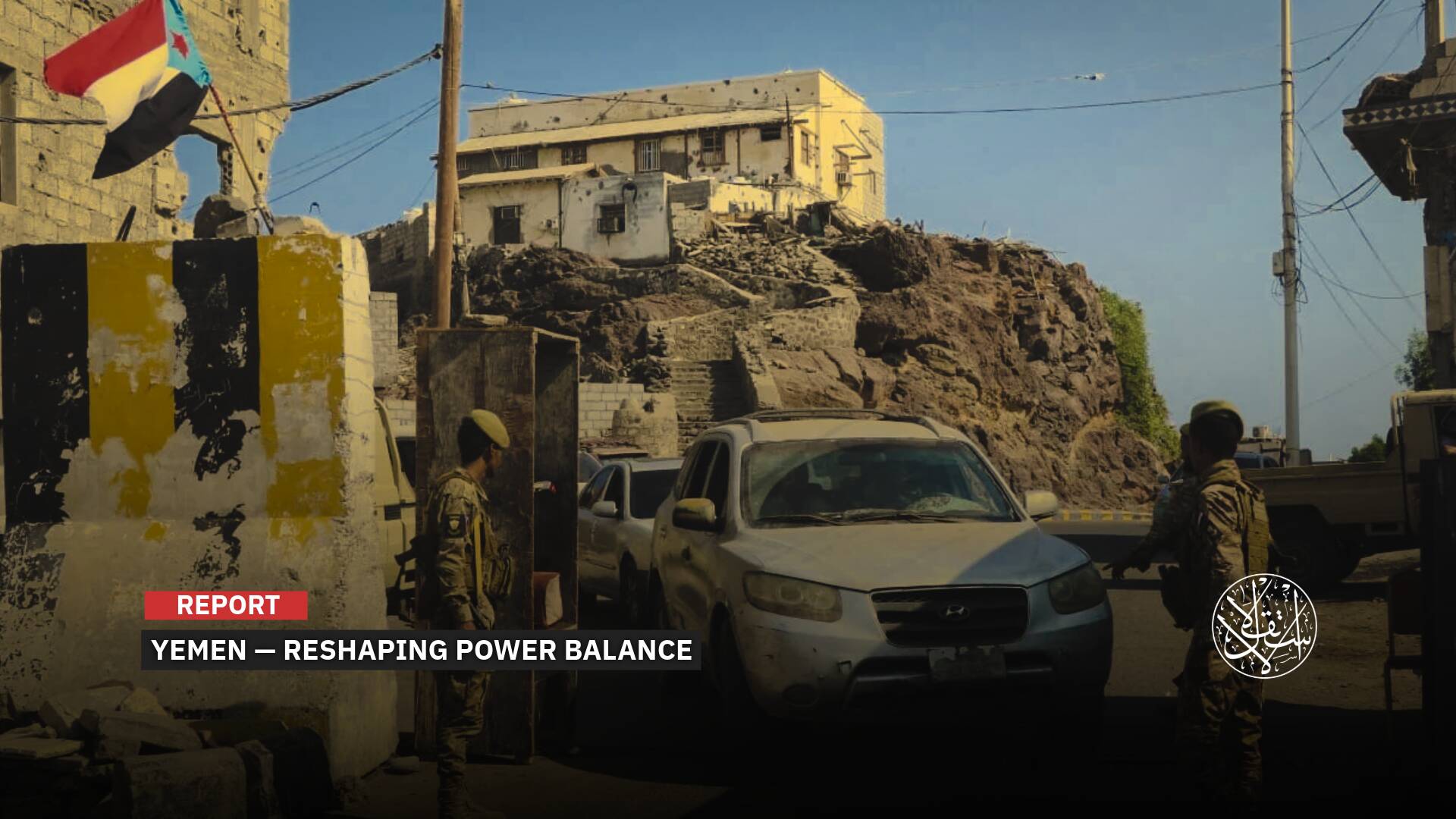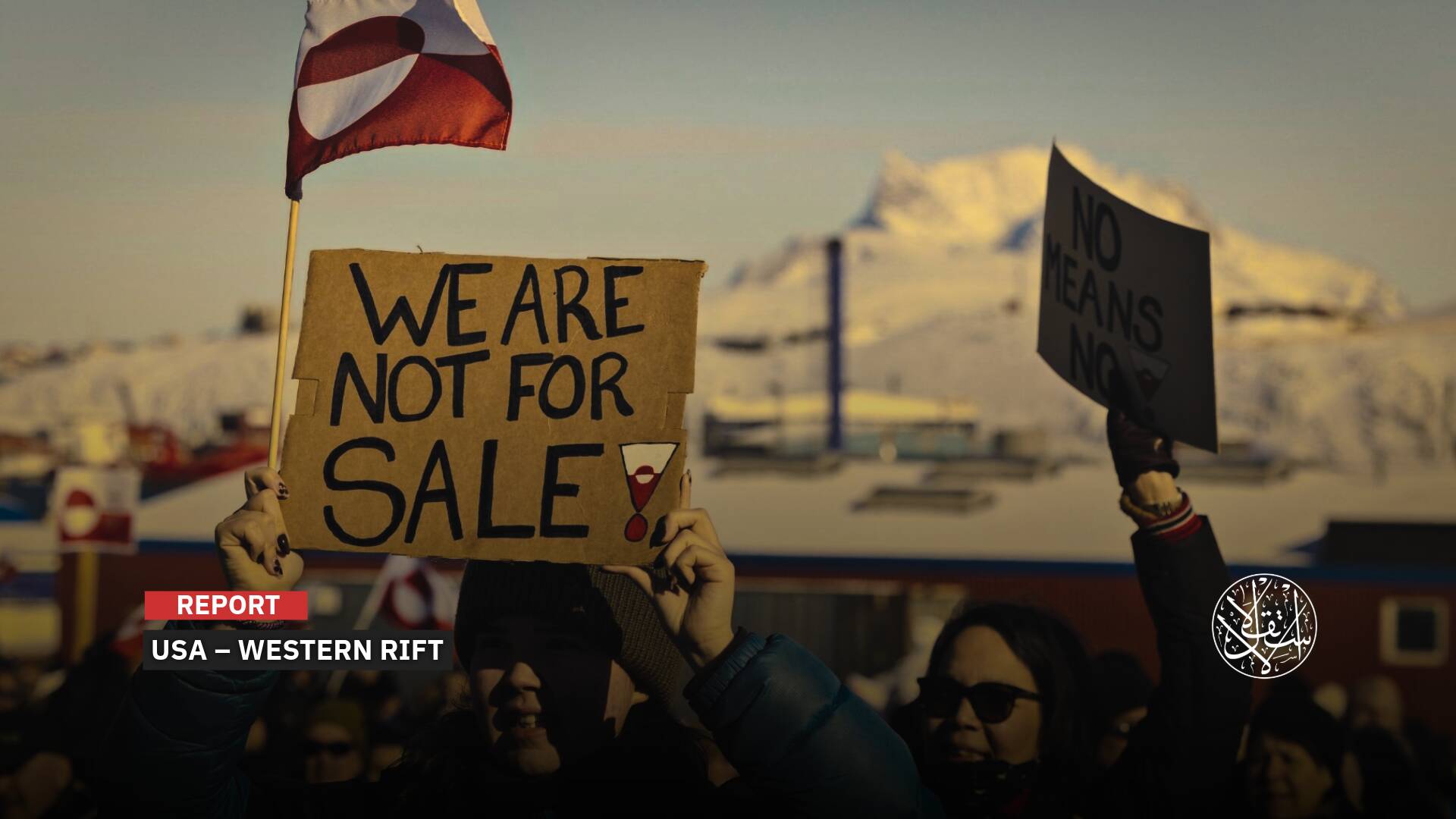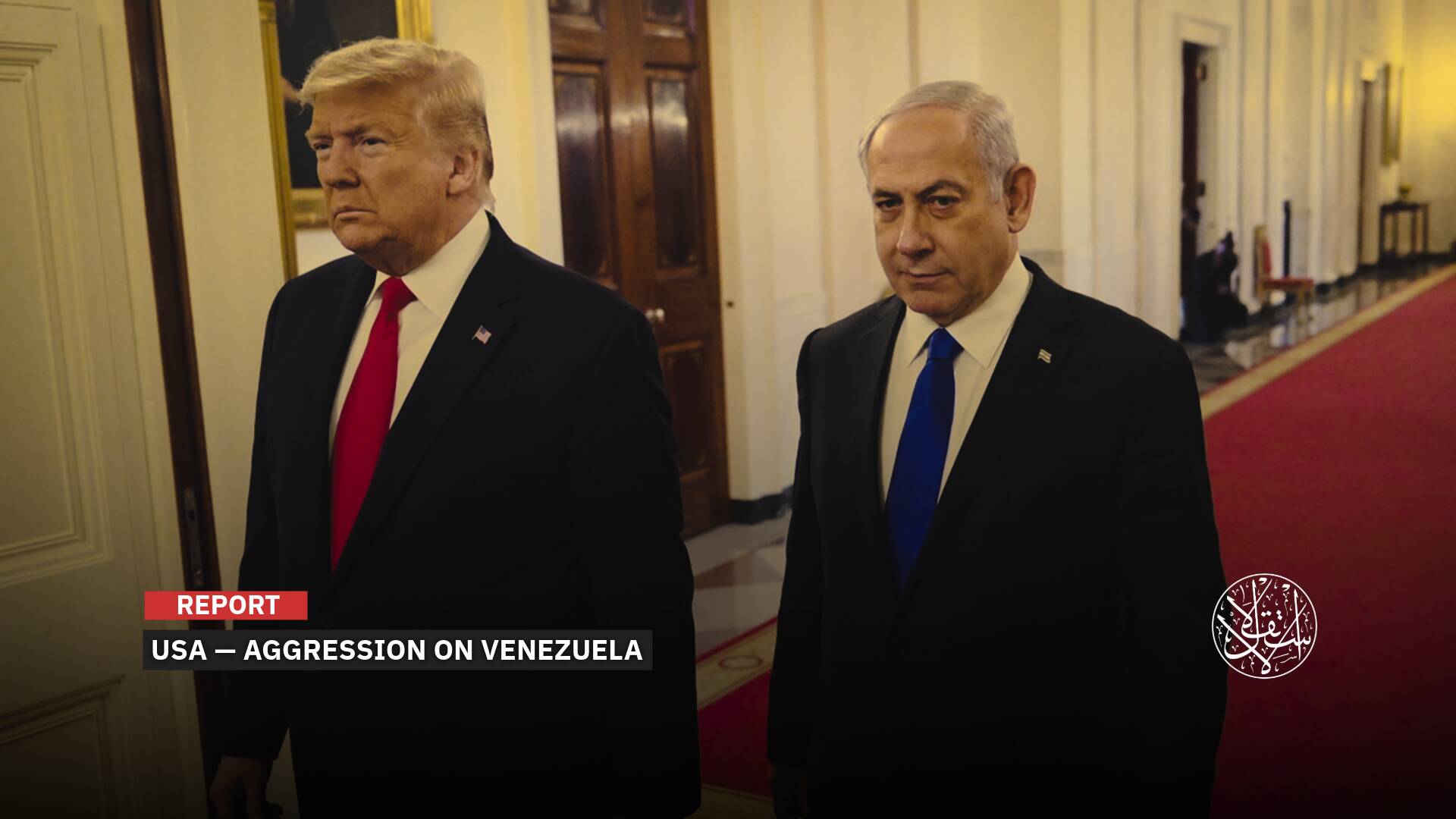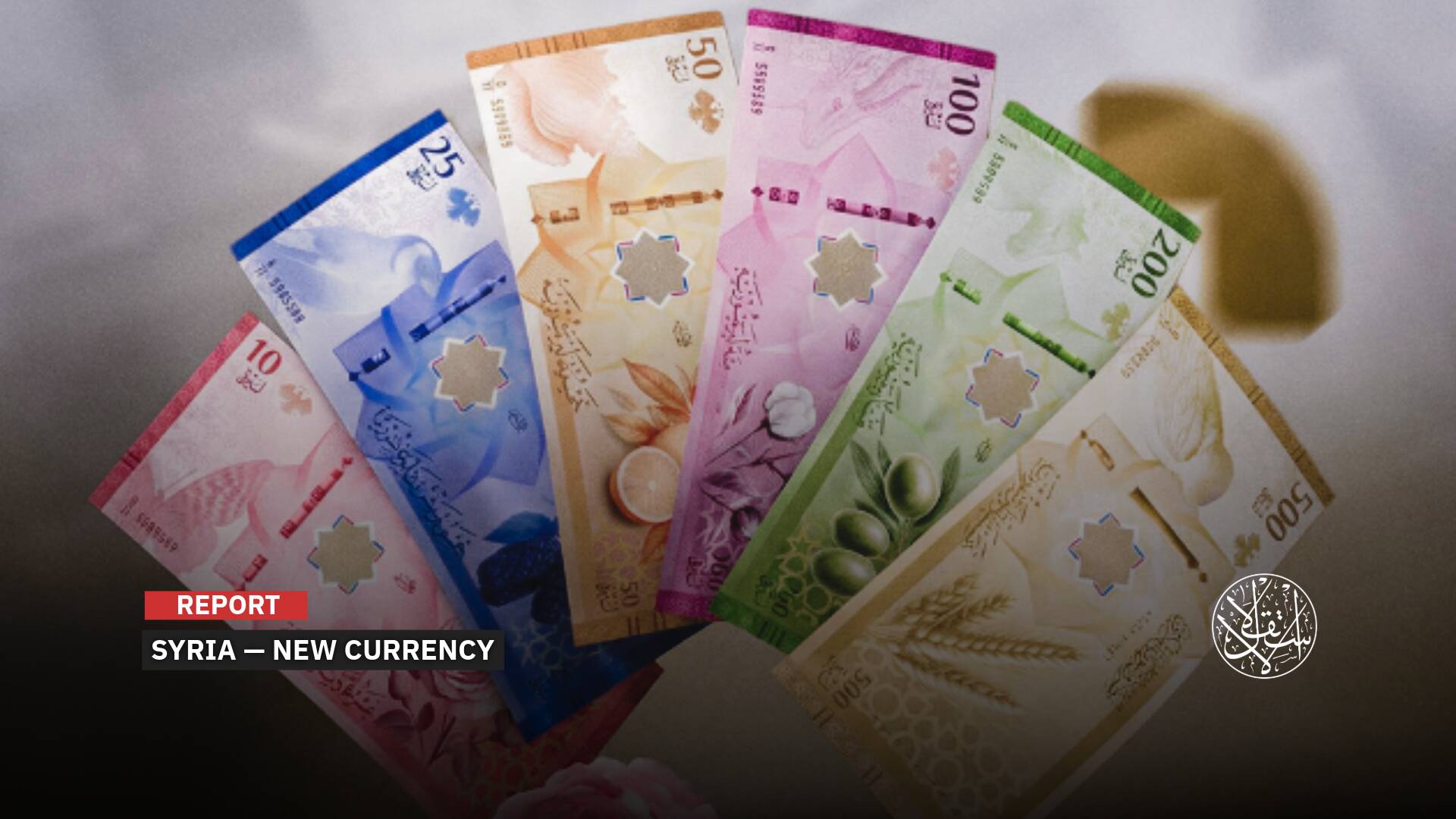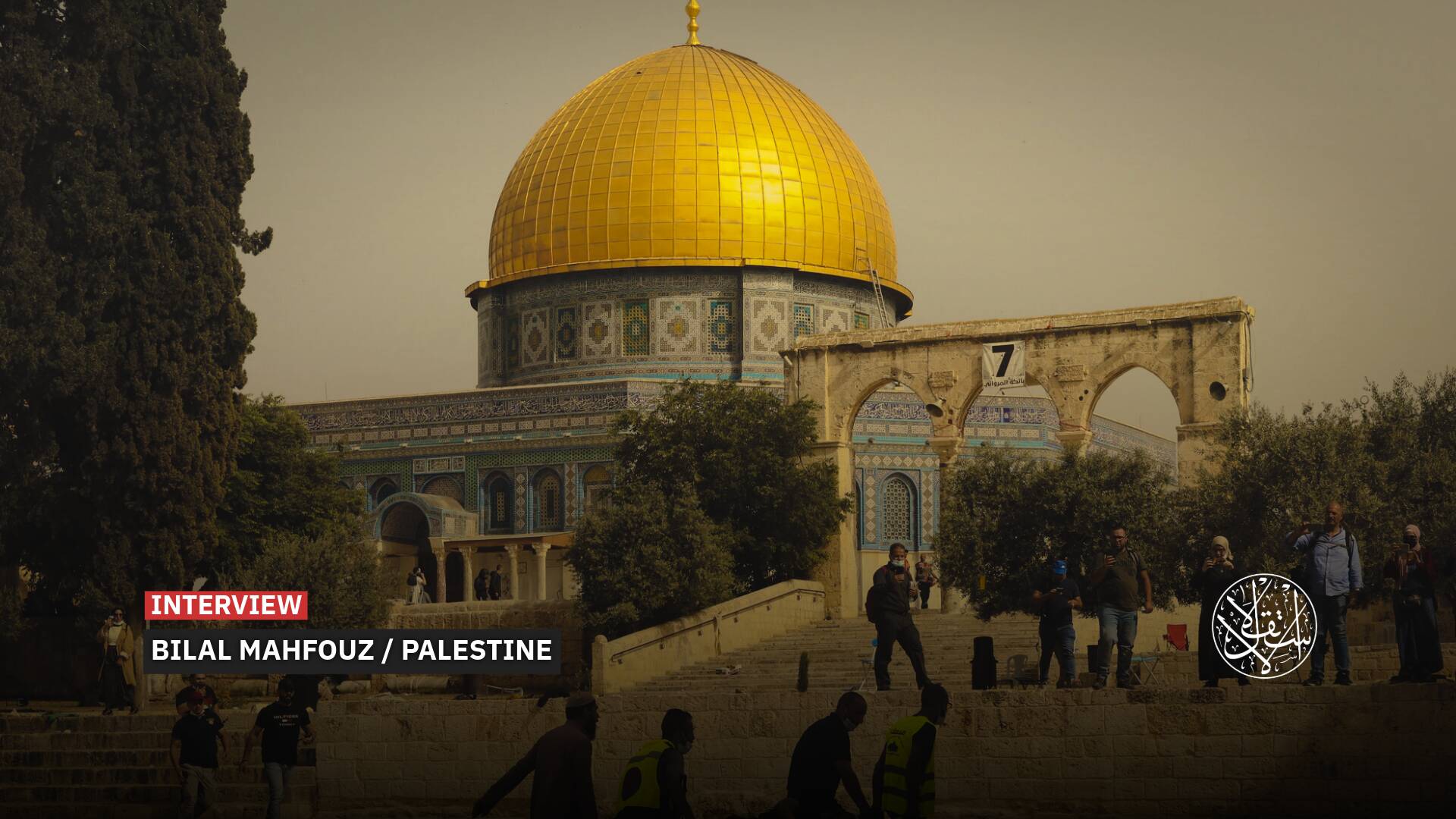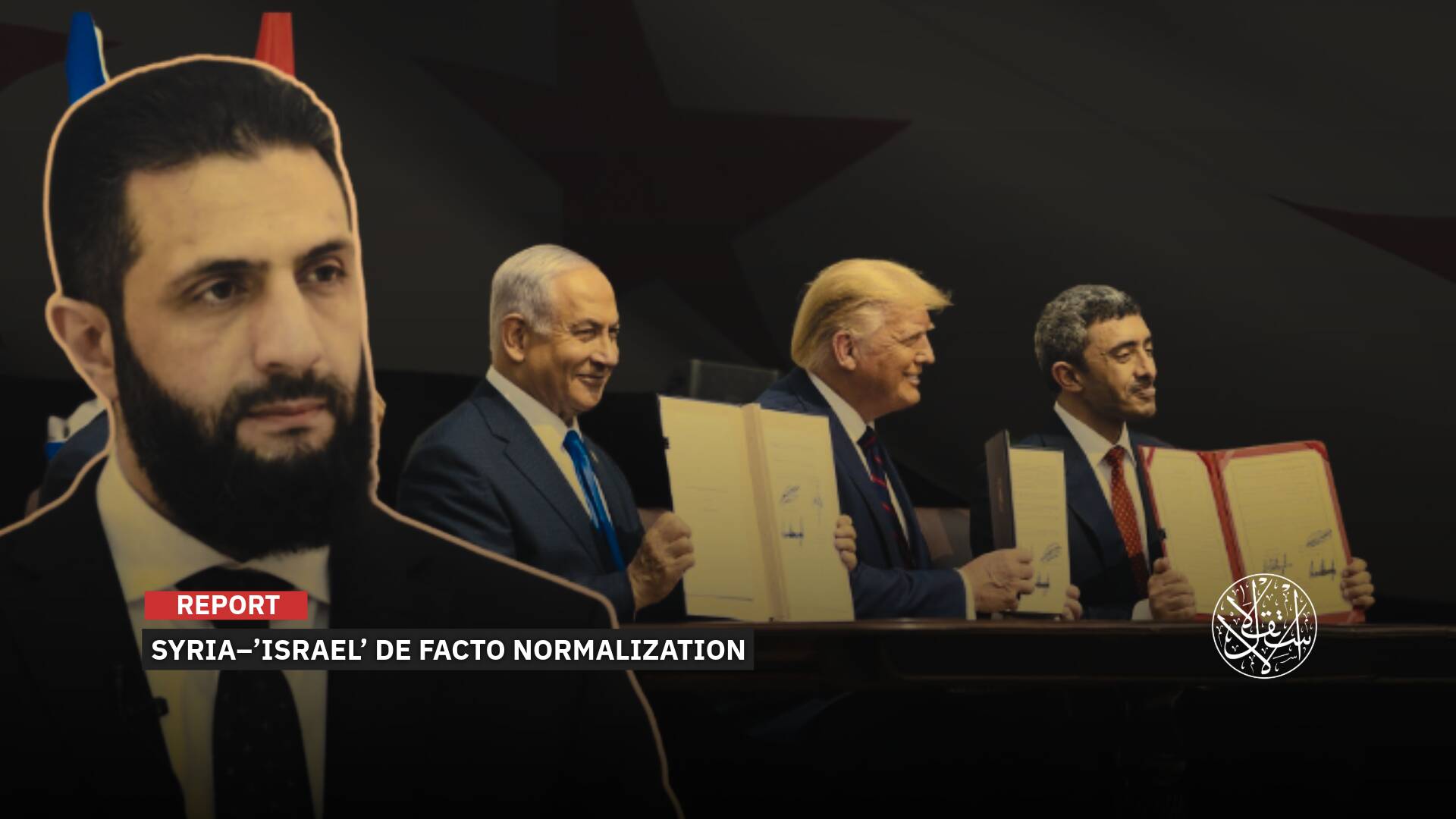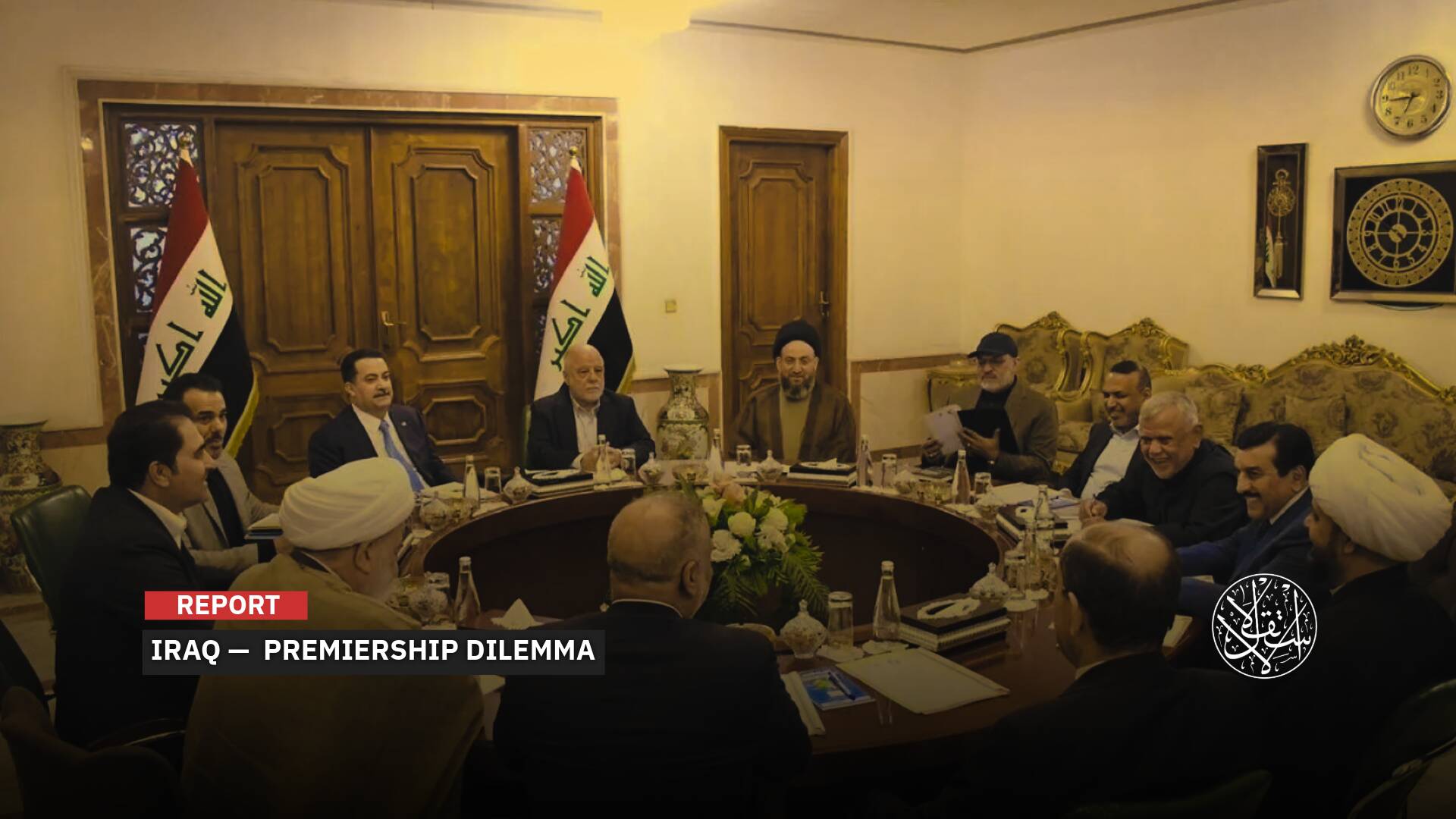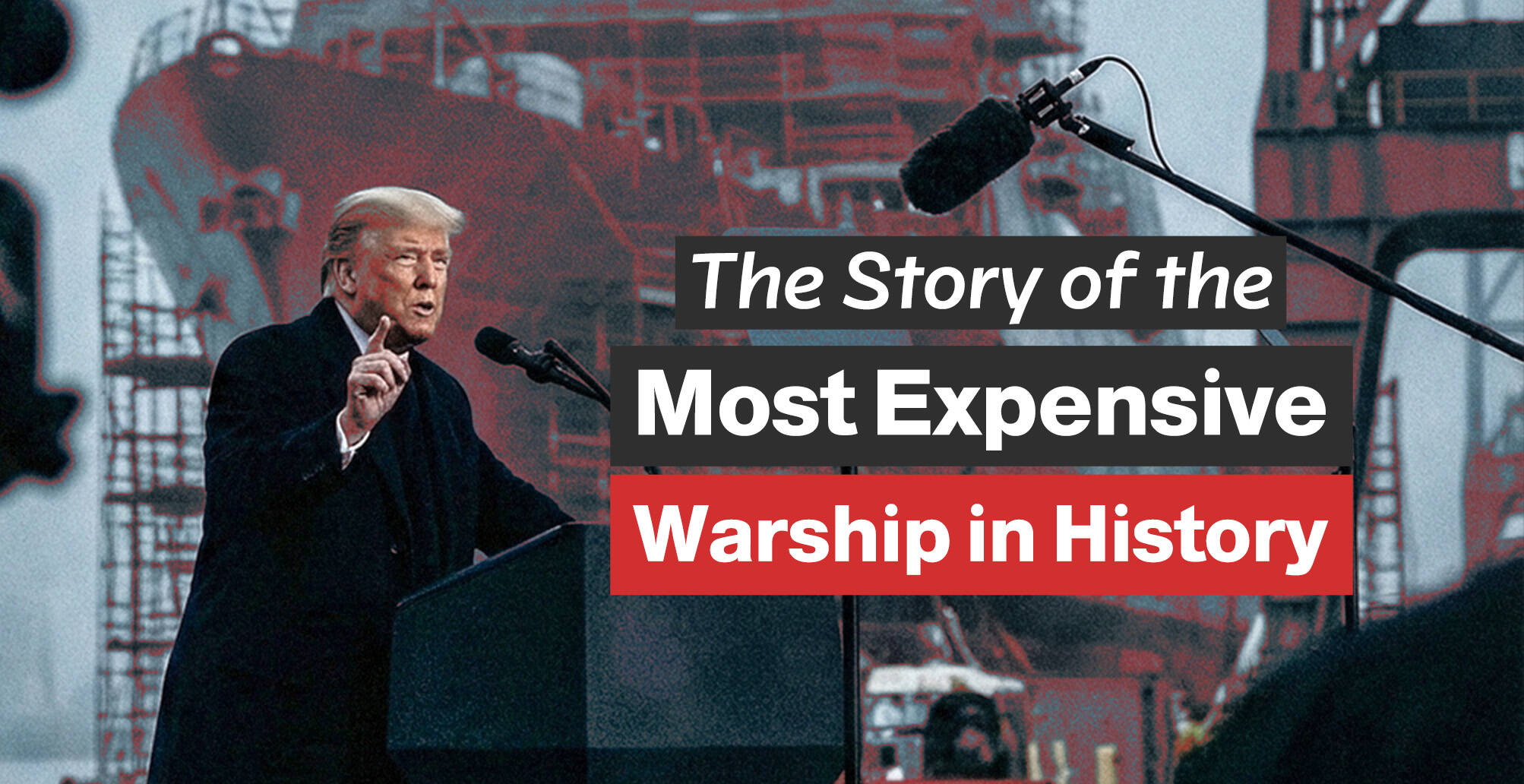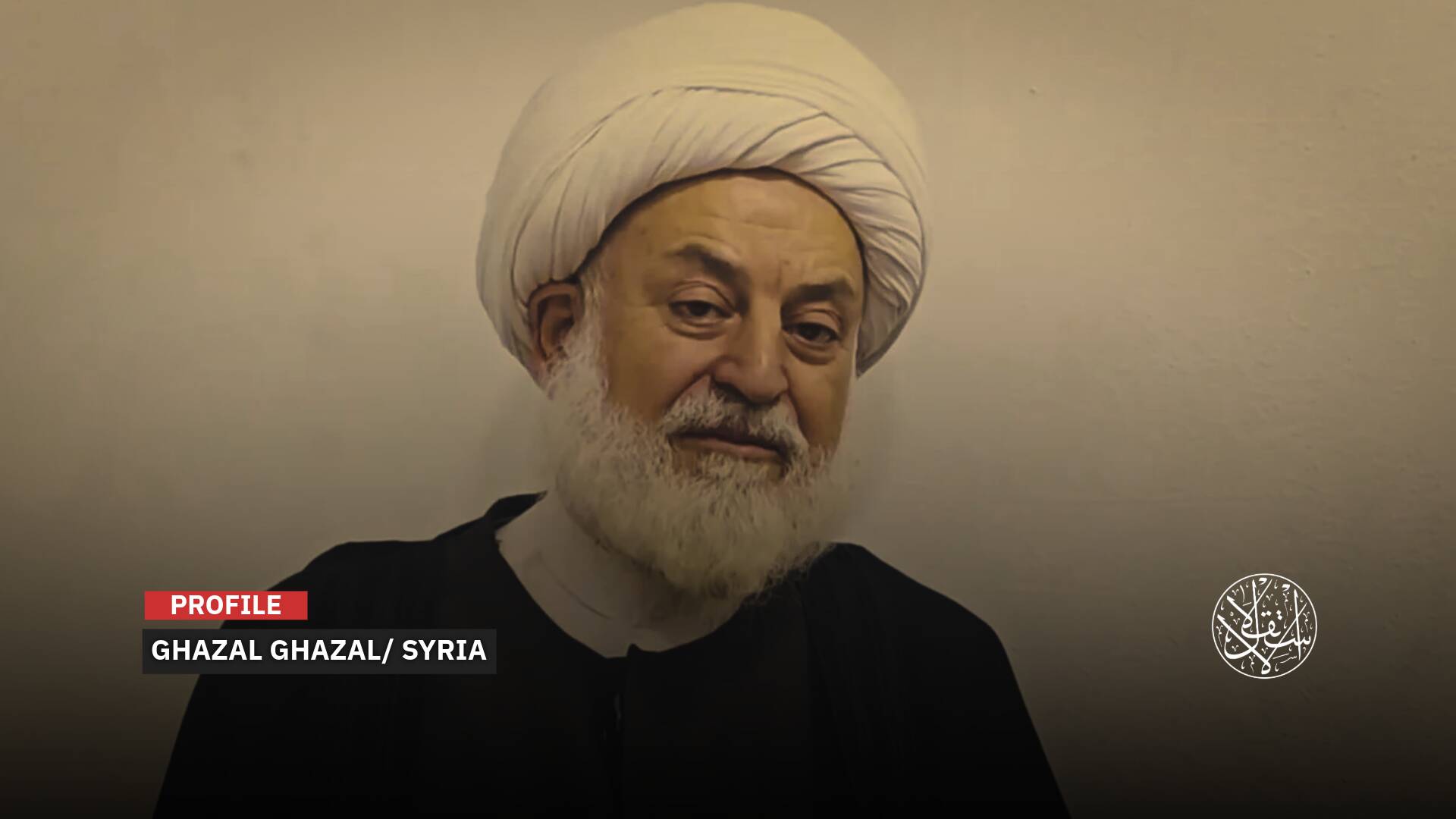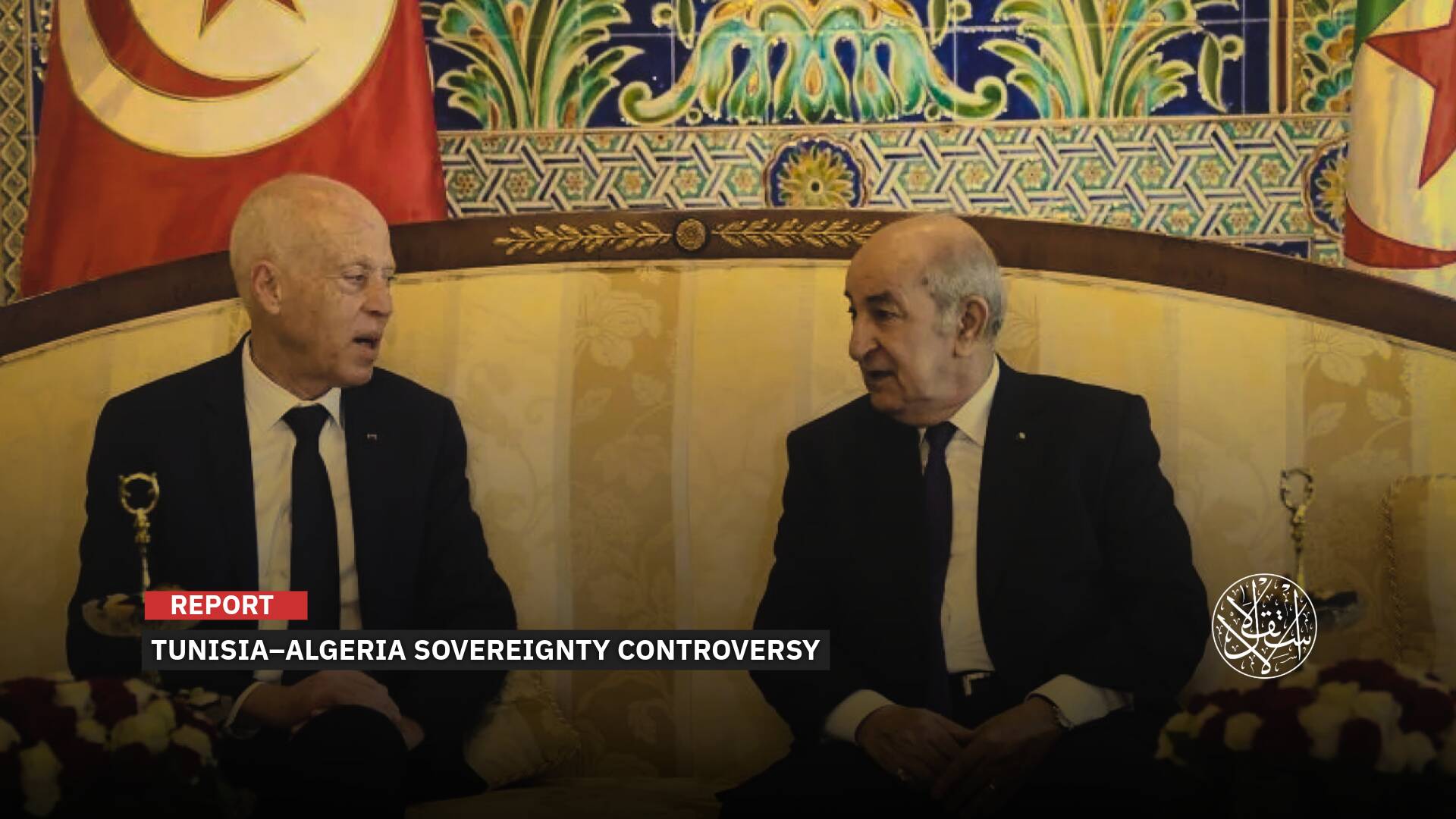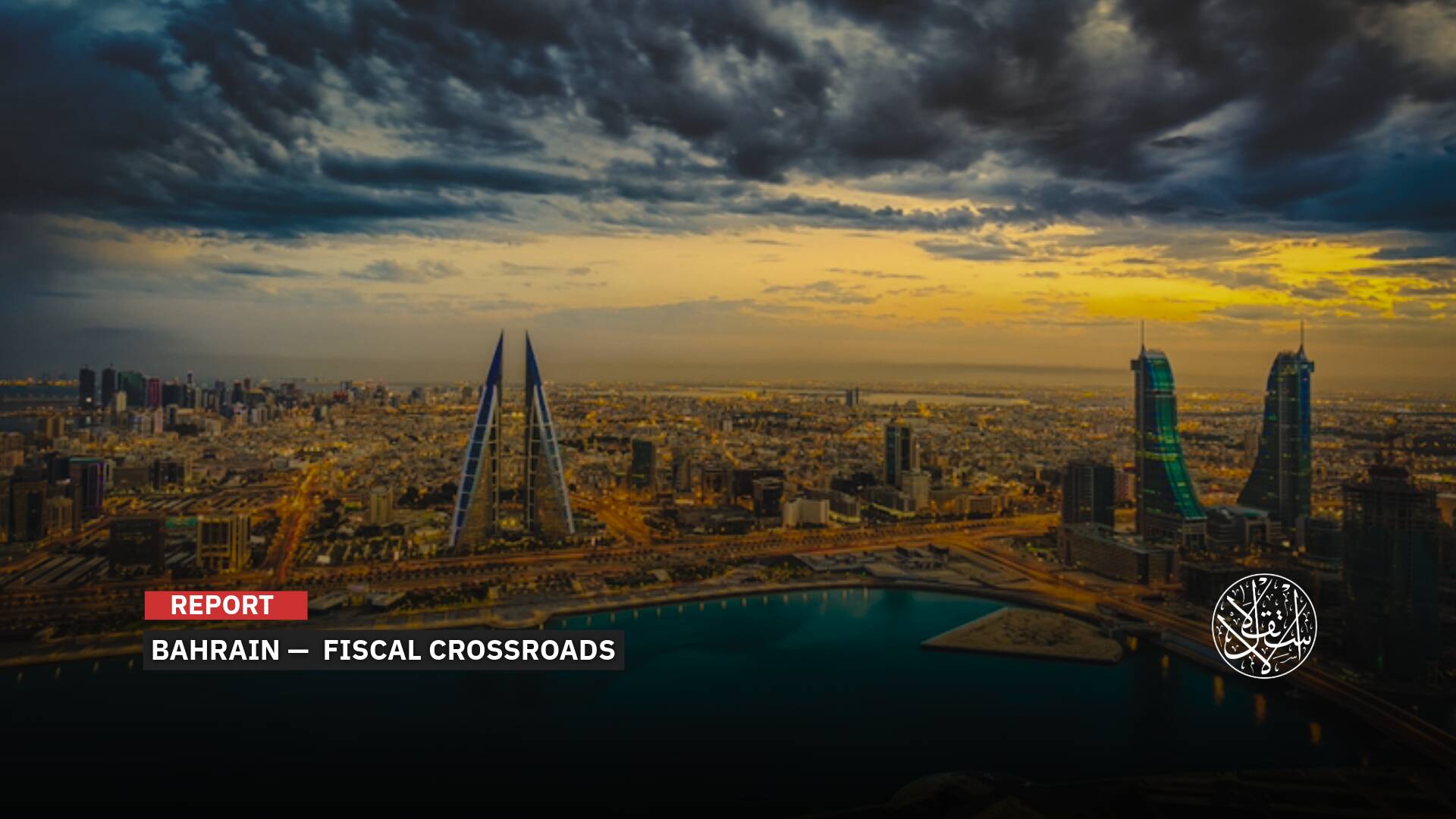Palestinian Rights Activist: 'Youth Against Settlements' Will Keep Fighting Israeli Occupation (Exclusive)

“Around 21,000 settlers reside in Hebron.”
Palestinian journalist, human rights activist, and founder of Youth Against Settlements, Issa Amro, stated that the city of Hebron (al-Khalil), in the southern West Bank, is currently suffering from Israeli settlement aggression more than ever before.
Amro told Al-Estiklal that the streets of Hebron are becoming increasingly congested for its residents, with the proliferation of security checkpoints, surveillance cameras, and invasive inspection measures, effectively transforming the city into a vast prison.
“Youth Against Settlements was a response to this unimaginable reality,” he said.
“We realized that settlement is the spearhead of the occupation, so we decided to confront it with the Youth Against Settlements movement.”
The human rights activist stressed that “the Palestinian Authority speaks out against settlement, but unfortunately, it takes no action on the ground and instead tries to prevent us from working.”
Amro also affirmed that the return of elected U.S. President Donald Trump is a significant setback for the Palestinian cause, as it will bolster settlement activity due to the ideological alliance between Trump and the settlement movement.
Issa Amro, 44, is a political activist and human rights defender living in Hebron. He is the founder of the Youth Against Settlements movement, based in the famous Tel Rumeida neighborhood, which witnesses ongoing clashes between settlers and the movement.
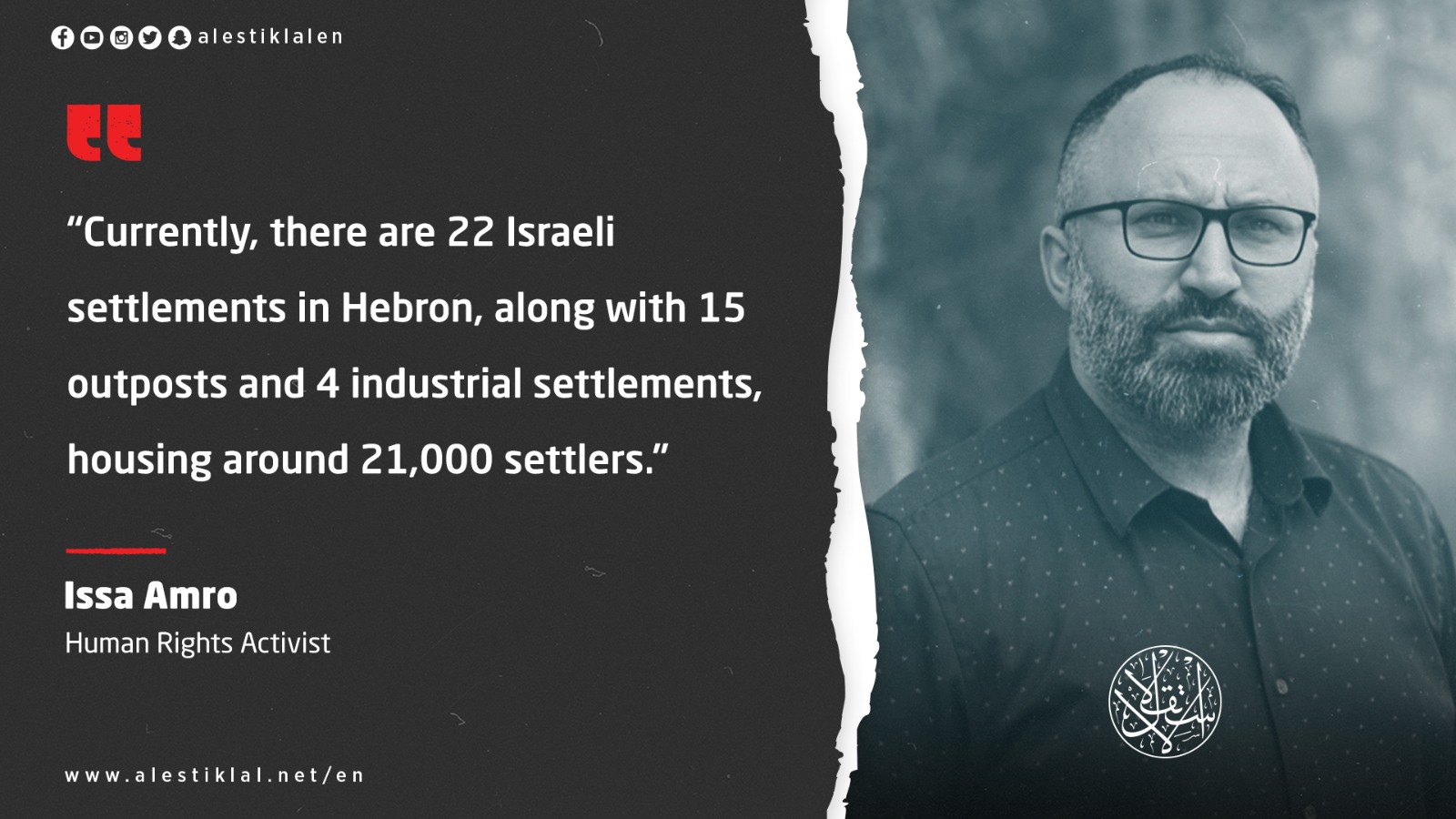
How has founding ‘Youth Against Settlements’ impacted your personal dealings with the Israeli Occupation?
Although ‘Youth Against Settlements’ is a peaceful resistance movement, the Israeli Occupation treats us as if we are a terrorist group. They employ all forms of aggression against us, including arrests, beatings, intimidation, and attempts to bribe the youth with money, while also instilling fear in the community to turn them against us.
They have also made us part of the security coordination with the Palestinian Authority. Unfortunately, the PA's security forces have started to track us and prevent our youth from participating in anti-settlement activities.
Especially since we are a unity-based group, not aligned with any specific political faction, the PA finds it difficult to confront us. Our main goal is to resist settlement expansion, but they have included us in their security coordination efforts with the occupation.
Personally, I have been arrested multiple times and placed on the blacklist. Sadly, the Palestinian Authority raises slogans claiming to oppose settlements and stand with Palestinian citizens in their struggle against them, but in reality, it takes no action to support these slogans.
The authorities are mired in dysfunction, opting for inaction over addressing the root issues. Rather than taking responsibility, they focus on obstructing our efforts to avoid embarrassment before the Palestinian people. Blocking us, it seems, is a more convenient option than confronting the real challenges.
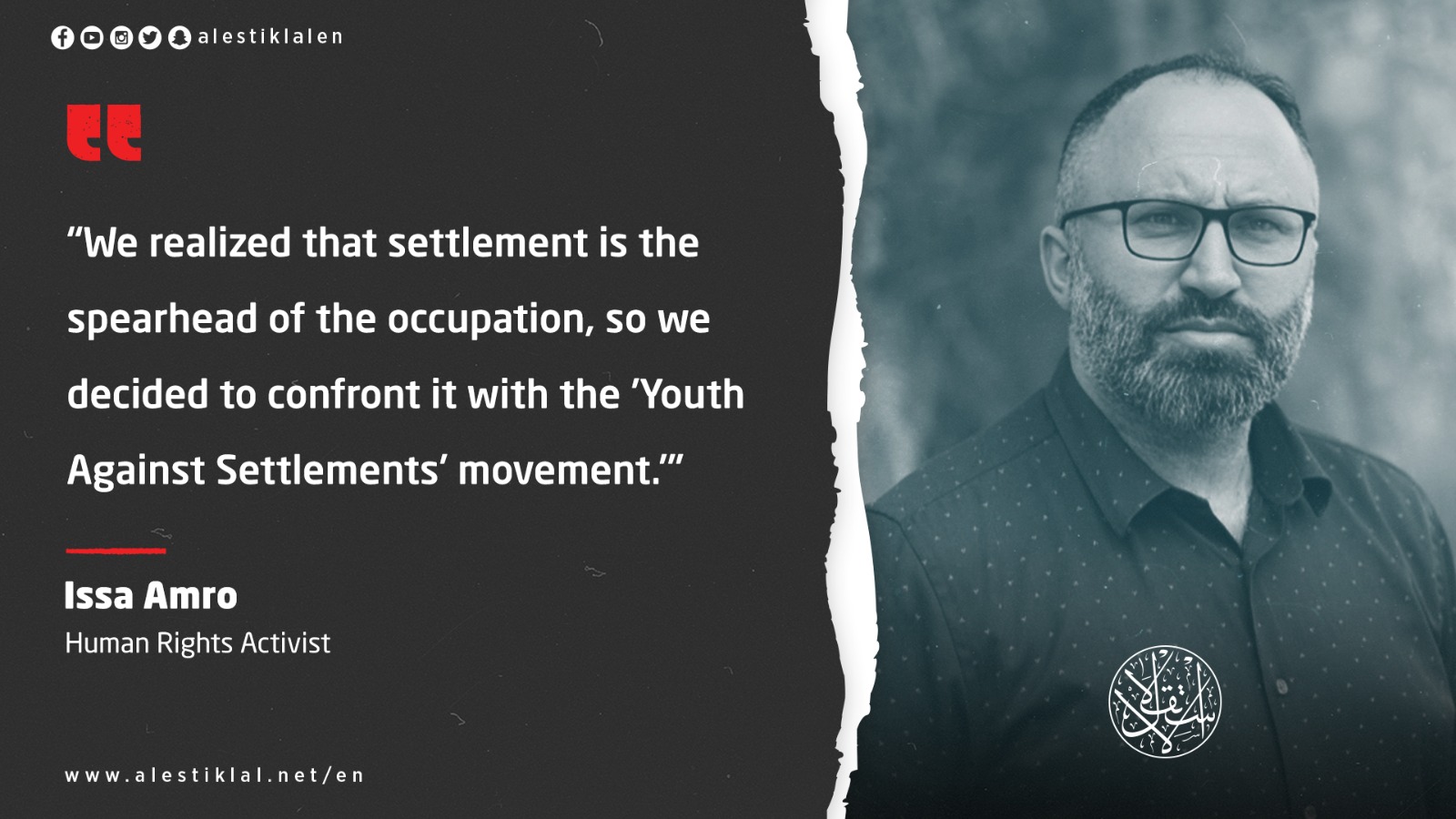
Trump and Other Matters
How do you see Trump's return to power in the United States and its impact on the expansion of settlements in Hebron and the West Bank?
Unfortunately, I believe Trump's return to power is a major setback and a very negative development for the Palestinian cause.
I expect there will be broad encouragement for settlement expansion, as the extremist settlement movement will grow even more. There is a strong ideological partnership between this movement and Trump, who provides them with both political and financial support.
Currently, the Israeli ambassador to the U.S. is a settler, and the U.S. ambassador to Israel is extremely right-wing, even more extreme than the settlers themselves.
The Israeli Occupation has outlined plans to annex the West Bank. How do you envision this playing out on the ground?
Since 1967, the Israeli Occupation has been actively working to annex the West Bank. We are now facing a harsh reality, with a robust infrastructure in place that serves the settlers and connects settlements at the expense of Palestinian cities and villages.
There are communication and transportation projects, industrial and commercial hubs, service centers, and universities all designed to reinforce the settlement presence.
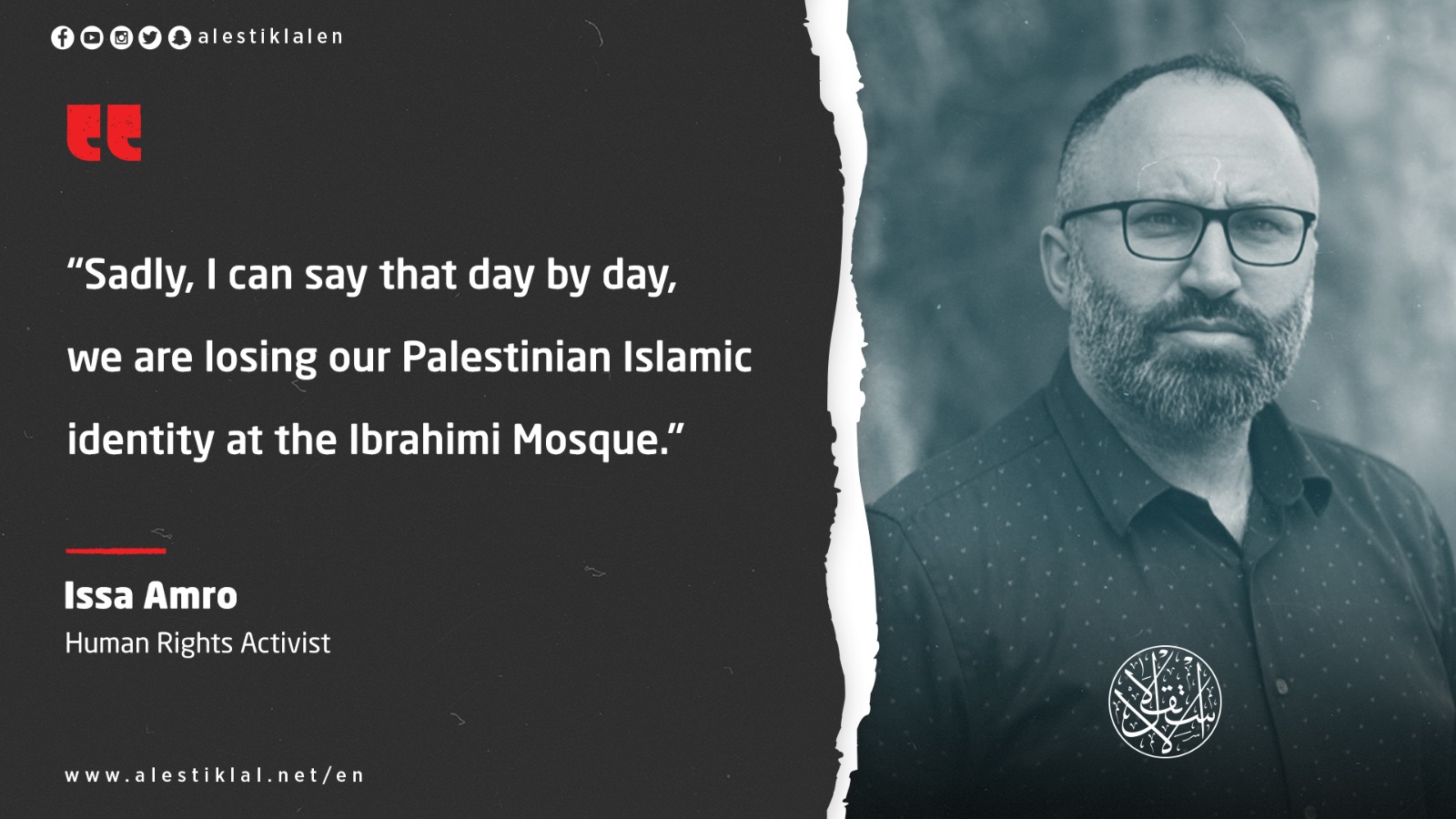
Hebron and the Ibrahimi Mosque
As someone based in Hebron, how would you describe the current reality of the city?
Hebron, especially the H2 area under Israeli control, has become like a ghost town. There are about 22 checkpoints and more than 100 barriers blocking movement on the roads.
Most of the neighborhoods and streets are completely closed off. It is not a fantasy that over a thousand Palestinian citizens are forbidden from being visited by anyone from outside the area.
Palestinian ambulances are only allowed entry with prior coordination, leaving residents in a constant state of emergency. There is a complete freeze on social life, as over a thousand Palestinian families endure a severe and strict lockdown.
This situation worsens during Jewish holidays, which have become days of fear for citizens. During these times, the Israeli Occupation may completely close the roads for anywhere from one to five days.
How is the settler movement in Hebron fuelling tensions over the Ibrahimi Mosque?
Unfortunately, our movement doesn't have a large role across the West Bank. However, we have been effective in Hebron and South Hebron, where we are able to disrupt settlement expansion, halt it, prevent settler movements, and engage in numerous confrontations. We need to replicate our movement across the entire West Bank.
As for the Ibrahimi Mosque, it is now divided. Recently, the southern entrance to the mosque was closed, meaning visitors can only enter from the northern side. This has directly resulted in a significant reduction in the number of Muslim worshippers.
The mosque is now increasingly filled with settler activities, with weekly events taking place there. Sadly, I can say that day by day, we are losing our Palestinian Islamic identity at the Ibrahimi Mosque. This is further compounded by the numerous tourist visits organized by the Israeli Occupation to the site.
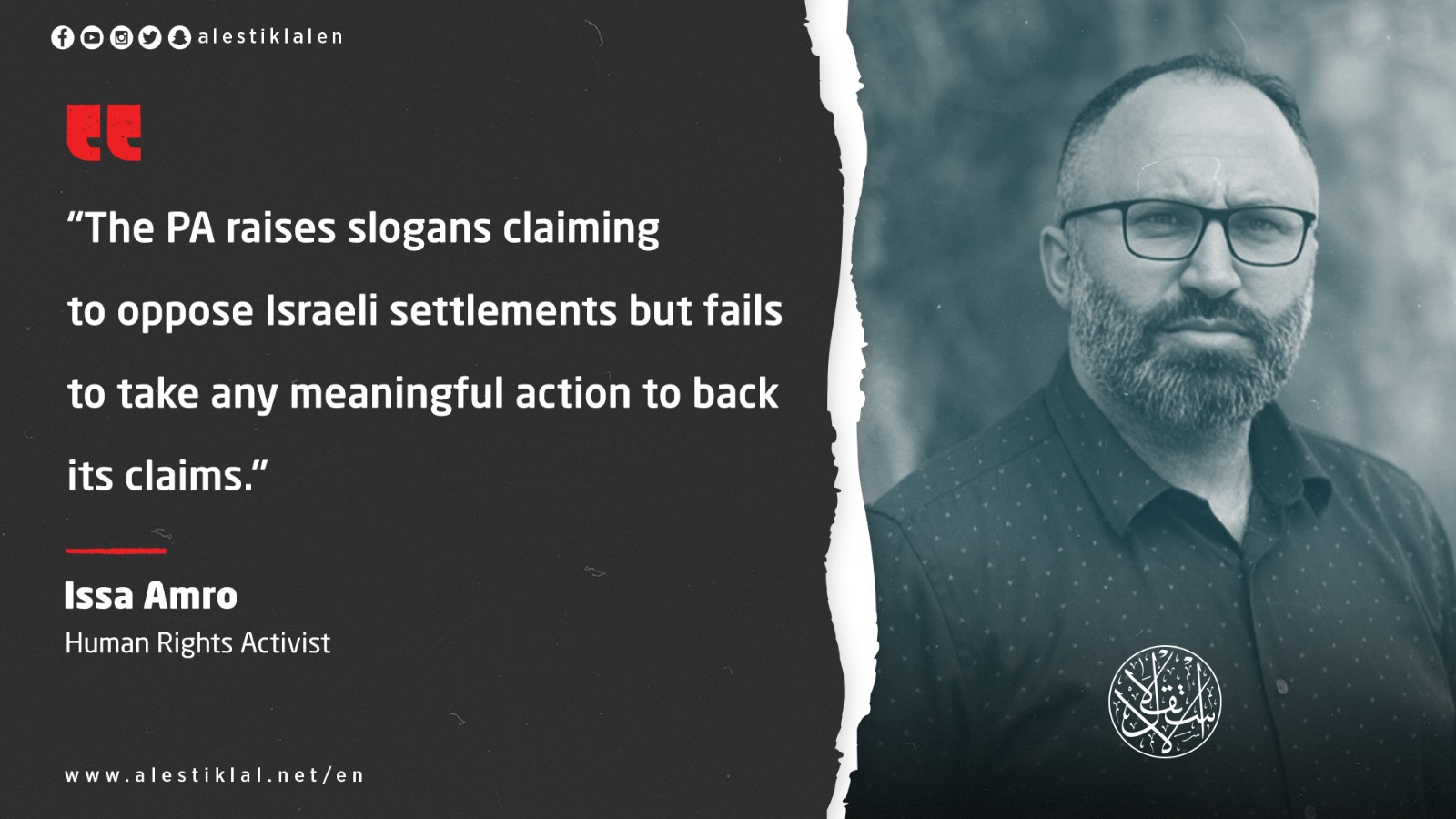
In Hebron, you have frequently called for the consideration of human rights. How would you assess the Palestinian Authority's performance on this issue?
The Palestinian Authority in Hebron behaves like a security state, and this, in my view, is due to its failure in this area. They don't want to engage with this issue at all, to the point where they appointed an elderly individual as the human rights officer, someone who plays no positive role and has been in the position for nearly 20 years without any elections.
Unfortunately, we are suffering greatly on this front. The PA doesn't even respect the existing Palestinian laws, nor do they engage with any local or international human rights organizations. A very important negative indicator in this regard is that the PA doesn't even respect court rulings at times.
This sends a clear message that dealing with human rights is at the whim of the PA and its mood, sadly. There are no fair standards.
How has the Hebron Protocol, signed between the Palestinian Authority and Israel, shaped the city's reality, and what are its lasting implications?
It was surprising that the PA agreed to the Hebron Protocol. We, as residents of Hebron, can see the negative effects of this agreement right before our eyes. As Palestinians, we didn’t need to divide Hebron into two areas: Area H1, which makes up 80% of the city and is under PA control, and Area H2, which makes up 20% and is under Israeli Occupation, but includes the Old City and the Ibrahimi Mosque.
Now, as we have explained before, we are struggling to reach the mosque due to checkpoints, cameras, and surveillance devices tracking every step of the Palestinian citizens inside the city, all as a result of this agreement.
Unfortunately, this represents a huge concession by the Palestinian side. Much of the suffering we’ve discussed is a direct result of this agreement, particularly concerning the Old City, where the Israeli Occupation took advantage of the Palestinian absence and increased the settler population.
Currently, there are 22 Israeli settlements in Hebron, along with 15 outposts and 4 industrial settlements, housing around 21,000 settlers.
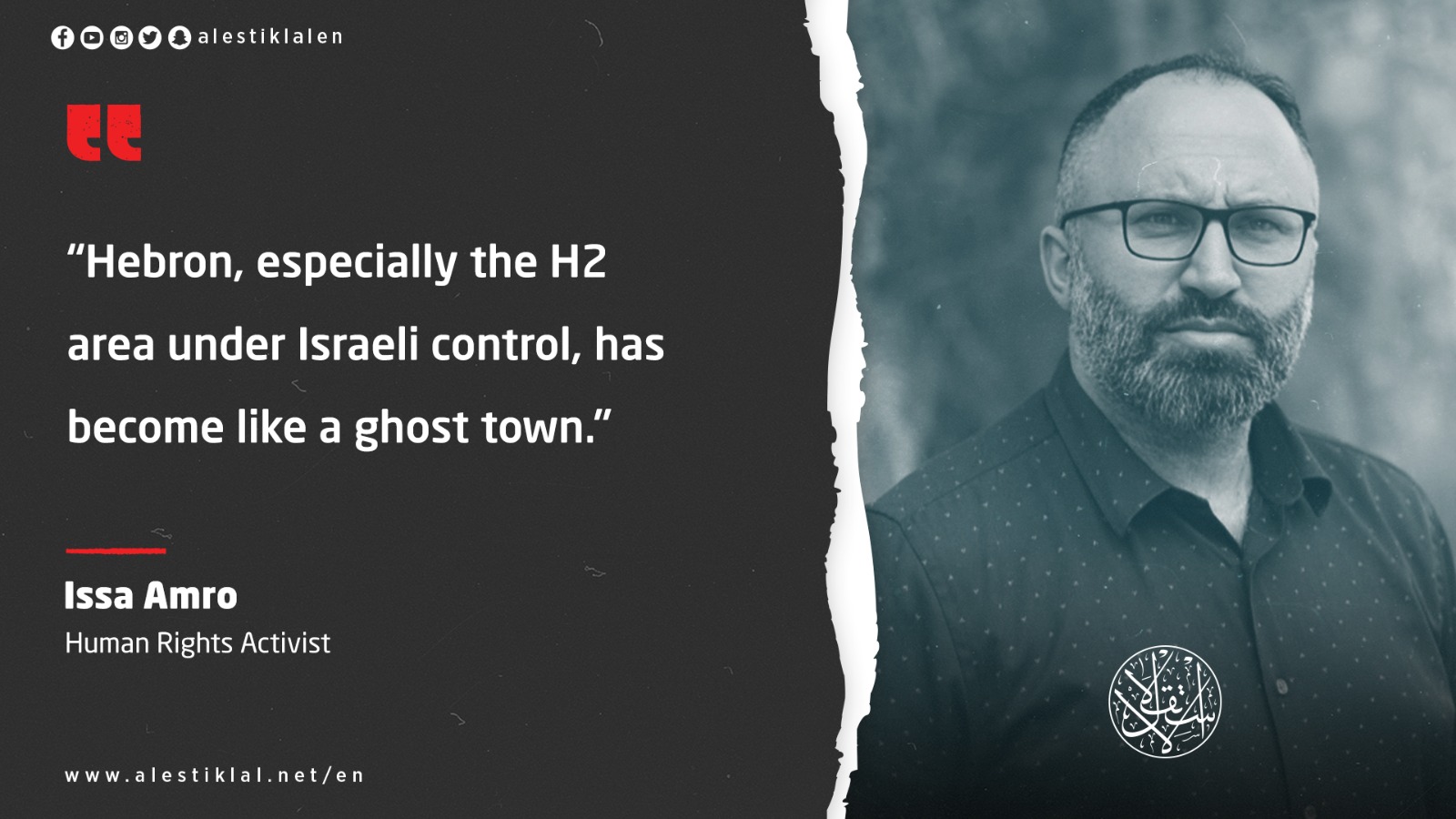
You were recently honored with a human rights award. Can you share the significance of this recognition and how you managed to receive it amidst the challenging conditions in Hebron?
The award is the Franco-German Prize for Human Rights and the Rule of Law.
Receiving the award was a unique experience. The ceremony had to be held at the entrance of the Shuhada Street checkpoint after Israeli authorities barred French Consul General Nicolas Kassianides and German Representative Oliver Ovtsha from reaching my home in Tel Rumeida.
The award is granted annually in partnership between Germany and France. Since 2016, it has been awarded to 15 individuals from around the world who have shown exceptional commitment and courage in working for human rights and the rule of law in their countries. I received this award one week after receiving the Alternative Nobel Prize for Human Rights.


